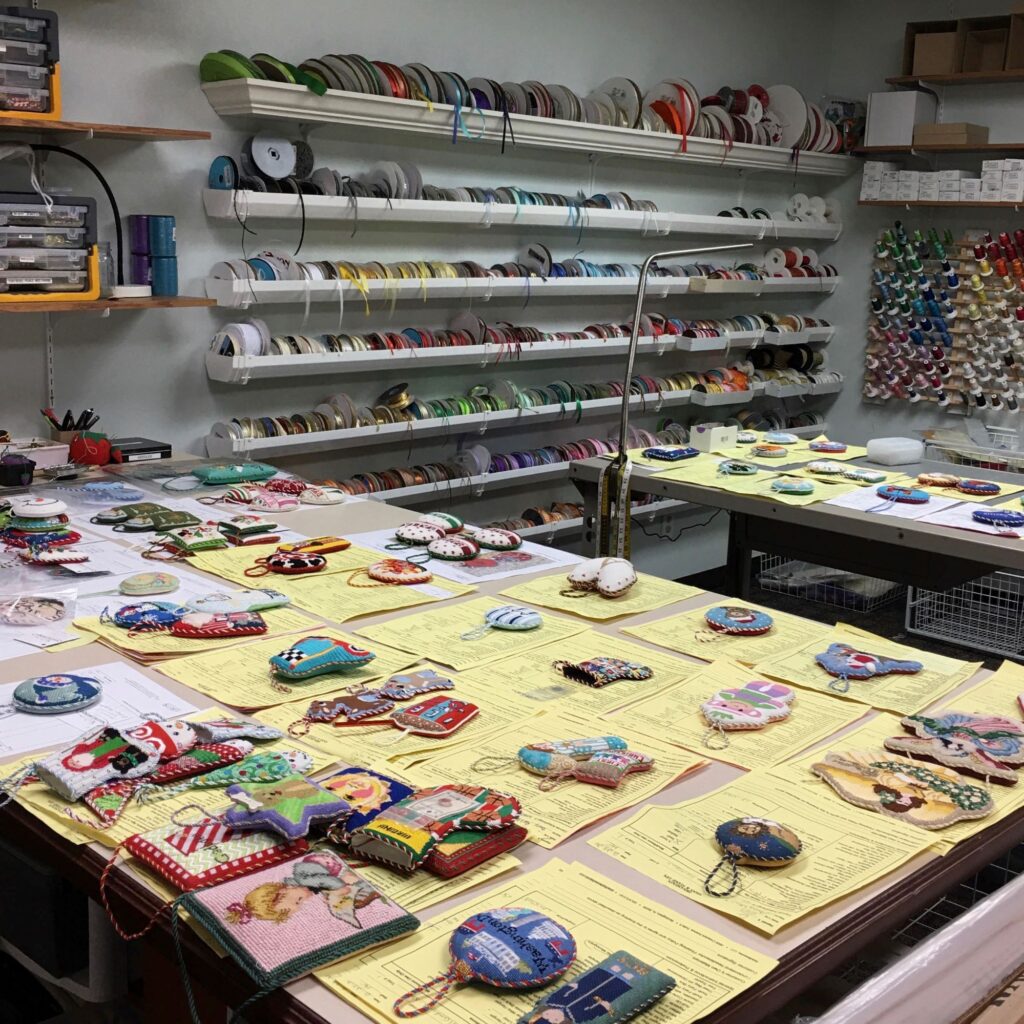One of the things I discovered early on with my autistic daughter was a communication roadblock when I used phrases that we all say without thinking about them Ė because we inherently know what they mean.† Yes, Iím talking...
One of the things I discovered early on with my autistic daughter was a communication roadblock when I used phrases that we all say without thinking about them Ė because we inherently know what they mean.† Yes, Iím talking about idioms: a group of words established by usage as having a meaning not understood from those of the individual words. Like the phrase getting a second wind Ė something Iím all too familiar with as it relates to my kids and our established bedtime.
 Photo by SHVETS production on Pexels.com
Photo by SHVETS production on Pexels.comIdioms and Figurative Language
They are ingrained in our everyday language.† I often wonder if my kiddoís communication delays were enhanced by my use of idioms.† Now that she is a bit older and has verbal capabilities, she will flat out ask what something means. (Her self-advocacy impresses me all the time.) †When she was small, I wonder how much I said that was confusing.† She, at that time, was unable to express it or ask questions.
Impaired social communication and language skills are usually among the hallmark signs of autism spectrum disorder.† That is certainly the case for my kiddo.† She has difficulty with both spoken words as well as reading.† (Now, if you read a book to her, she will understand and engage 100%.)
No Shit, Sherlock
So, a funny dinnertime story is at the crux of this post.† Picture it: †my husband and I are in the kitchen cleaning up, when he said something painfully obvious (I canít even recall what now).† And, me being me, (not realizing kiddo was right behind me) quipped back, ďNo shit, Sherlock!Ē
 Confused look, commonly known as Ďscrew faceí
Confused look, commonly known as Ďscrew faceíI barely got the words out of my mouth when the barrage of questions began coupled with what I call screw face:
What?† No shit, Sherlock?† What does that mean?
Whatís a Sherlock?
Why would dad need a Sherlock?
Like a Sherlock [surelock/ziplock] bag?
I donít get it!
Oops, I did it again.†
At this moment itís a combination of exasperation and amusement.† Rather than give her the stink eye for saying Ďshit,í I want to laugh out loud.† I am also painfully aware that my words mean something, or in this case, donít mean anything at all.† Sigh.†
So, if youíre like me (and speak without thinking), here are some common idioms and figurative language that could elicit a similar response:
Itís raining cats and dogsBad appleBee in my bonnetIíve got a short memoryActions speak louder than wordsPut your money where your mouth isRunning against time (or the clock)Running against the windIím all earsCosts an arm and a legThat hits close to homeCouch potatoI have my heart set onÖTime to hit the sack (or hay)Let the cat out of the bagTurn the (house, room) upside-downGet off my backHold your horsesSlow your RollCool as a cucumberThe list goes on and on.† In fact, hereís a link to an extensive list. †I decided to print it out and for one week, checked off any I said.† I was super surprised at how often I use them.†
My strategy continues: be more mindful of the words I use, but also teach as many of these common phrases as possible because she wonít always be in the controlled environment of our home.† Itís a slow, steady process, but there are many that sheís learned over time.
Figurative language can be learned
Although research tells us that autistic individuals do have more difficulty understanding idioms, it also says that intervention and specific teaching does, indeed help.†
In the end, the K.I.S.S. principle wins Ė keeping language simple will win the day (and avoid a no shit, Sherlock moment in your home).
Related Links
6 Ways to Improve Communication
PROMPT Speech Therapy
Smitten with us? (We like you too) Share Tumble into Love with a Friend!
The post Idioms, Autism and Lessons Learned appeared first on Tumble into Love.







